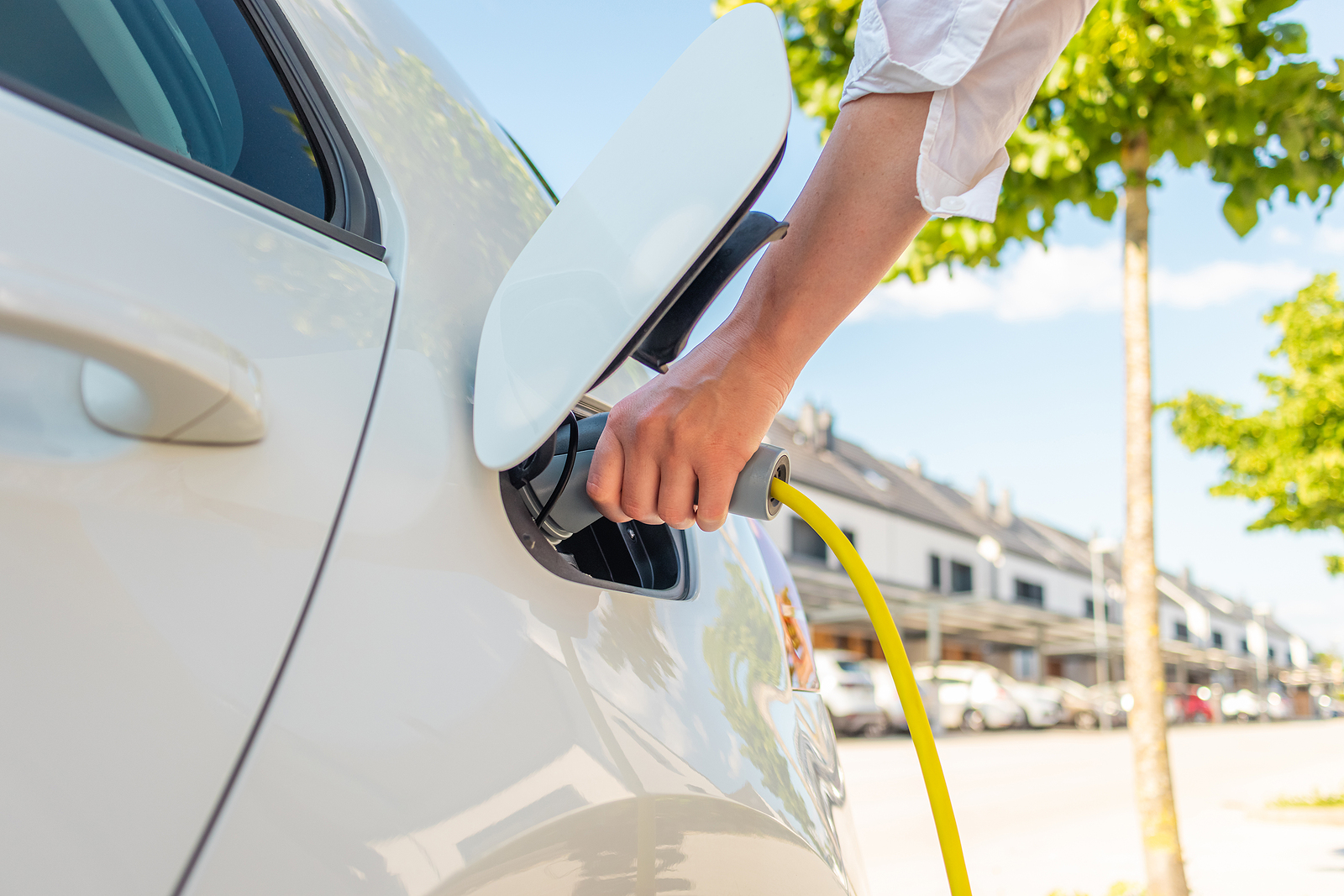June isn't just a time for soaking up the early summer sun; it's the most popular month for couples to get married. About 10.8% of engaged couples will set a date sometime in June, which edges out August for the most wedding-saturated month of the year. Whether you’re having a small or large ceremony, a reception for 20 or 200, you have likely been making plans for months or even years. In the midst of all the excitement, you probably won’t be thinking about your tax filing status. When tax time rolls around next year, here’s the information you’ll need regarding how tax filing status changes for married couples.
Love it or hate it, tax time is looming large. (Not that we think many of you love it, unless of course you’re receiving a tidy sum in a refund). All through the winter, and into spring, you try to stop thinking about it (or you've completely forgotten), but the deadline is drawing very near. You are supposed to get your taxes filed before the 18th of April, and there's no time left to tip-toe around the topic. With just days to go, tax time is truly upon us! Do you need an extension?

Three kinds of taxpayers are doing their taxes incorrectly: those who are waiting for a refund, those who are dreading doing their taxes, afraid of owing as much as they did in the prior year, and those who have actually haven't got a clue as to what their taxes will look like once the dust settles. What they all have in common is insufficient planning, and each of them should take time to sit down with a Certified Public Accountant (CPA) and start planning for next year - because good tax planning never leaves money on the table.
“Preparedness is the ultimate confidence builder” – Vince Lombardi
The time for reporting income taxes is here once again. For many, it’s a time of high anxiety, but it doesn’t have to be. As with most daunting tasks, a little preparation can go a long way toward alleviating stress and assuring smooth progress. Time spent organizing and uploading your documents prior to your virtual appointment with your CPA will serve you and your tax preparer well on multiple levels.
For example, as you are putting your files in order, it will likely refresh your memory of events throughout the year, which may affect the amount of taxes owed. Better yet, being prepared will inevitably cut down on the time needed to complete tax filings, since there will be less back-and-forth between you and your CPA. Here are some of the best ways for individuals and families to prepare for tax season.

The new Clean Vehicle Credit, a federal tax credit to make new and used electric vehicles - EVs - more accessible and affordable, may be confusing. Here, we will discuss some highlights of this tax credit that can also be used as a rebate when purchasing certain electric or plug-in hybrid vehicles.




